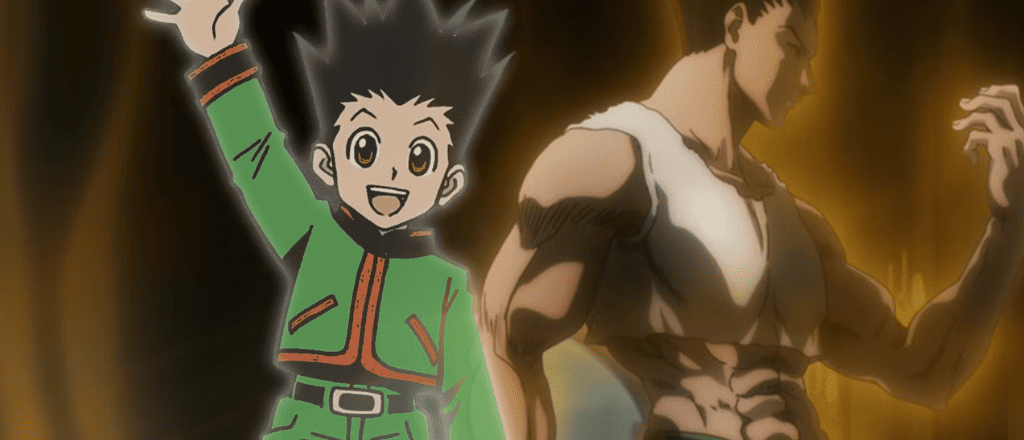The Phantom Troupe: Villains or Victims?
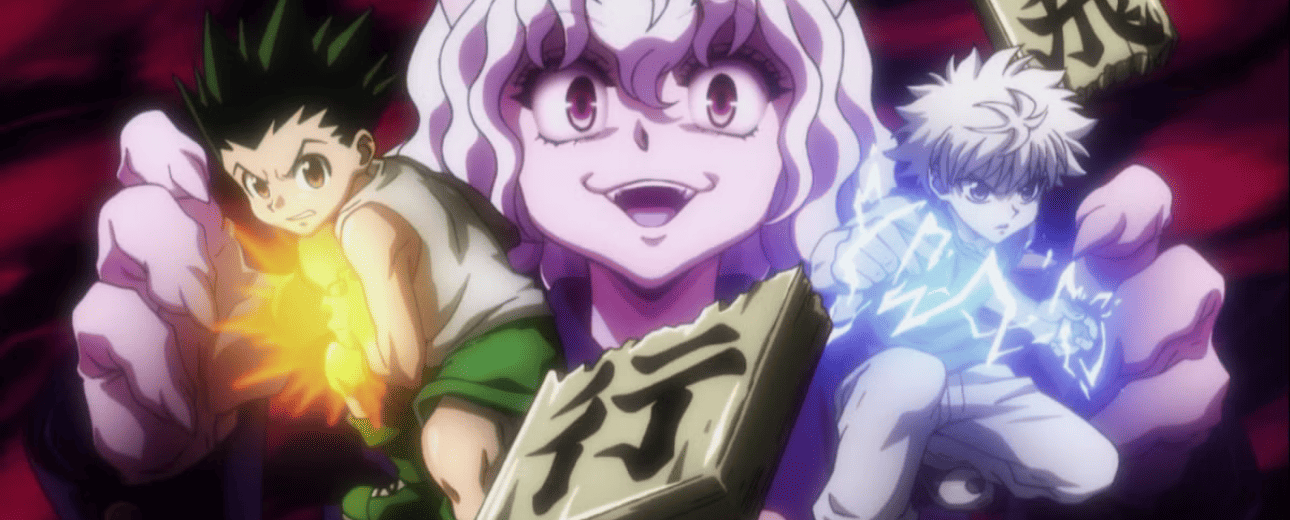
In Hunter x Hunter, the Phantom Troupe, also known as the “Spider,” stands as one of the most feared and fascinating groups in anime. Infamous for their ruthless actions, including the massacre of the Kurta Clan and countless robberies, they are undeniably framed as villains. Yet, Yoshihiro Togashi, the creator of the series, adds depth and complexity to their characters, leaving fans to question whether the Troupe are simply criminals or if they are, in some ways, victims of circumstance. This duality is what makes them one of the most compelling elements of the story. Discover why Hunter x Hunter is hailed as one of the greatest shonen of all time in this insightful article on Hunter x Hunter Merchandise.
Ruthless Criminals and Feared Enemies
On the surface, the Phantom Troupe embodies villainy. Their introduction in the Yorknew City arc cements them as cold-blooded killers, capable of wiping out Mafia groups without hesitation. Members like Feitan, with his sadistic fighting style, and Uvogin, who takes pleasure in destruction, remind us of their merciless tendencies. The massacre of the Kurta Clan, driven by their lust for the Kurta’s scarlet eyes, is perhaps the most defining act of their cruelty. To Kurapika and countless others, the Troupe represents nothing less than evil incarnate. These deeds cannot be ignored, and they solidify the group as one of the darkest forces in the Hunter x Hunter universe.
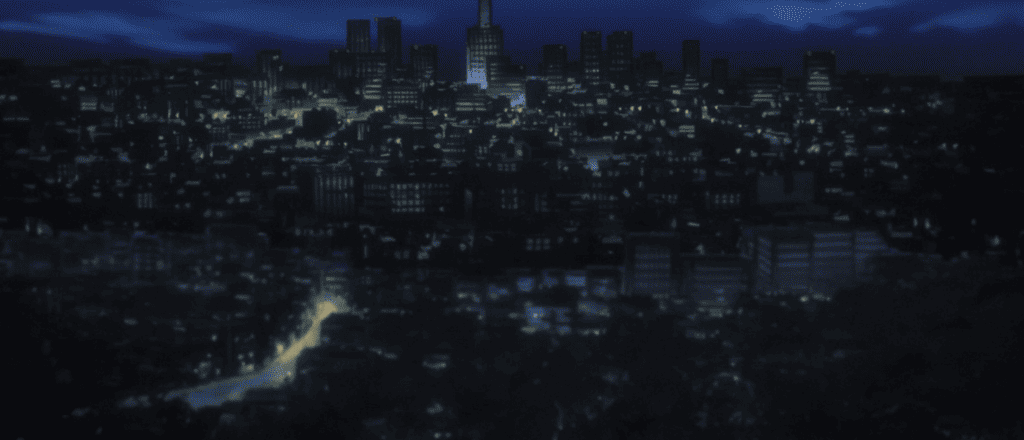
Bonds and Humanity Within the Spider
Despite their terrifying reputation, the Phantom Troupe is not portrayed as mindless killers. They share a strong bond, referring to themselves as a family and showing loyalty to their leader, Chrollo Lucilfer. When Uvogin dies, the group mourns his loss, revealing that even villains are capable of love and grief. Shizuku’s lighthearted humor, Machi’s care for Chrollo, and Nobunaga’s fierce loyalty highlight that beneath their violent exteriors lies a group of individuals capable of connection and emotion. Even Chrollo himself, often painted as a cold strategist, displays charisma and empathy toward his companions. This human side complicates how we judge them, as it suggests they are not purely evil but instead complex individuals who found belonging within the Spider.
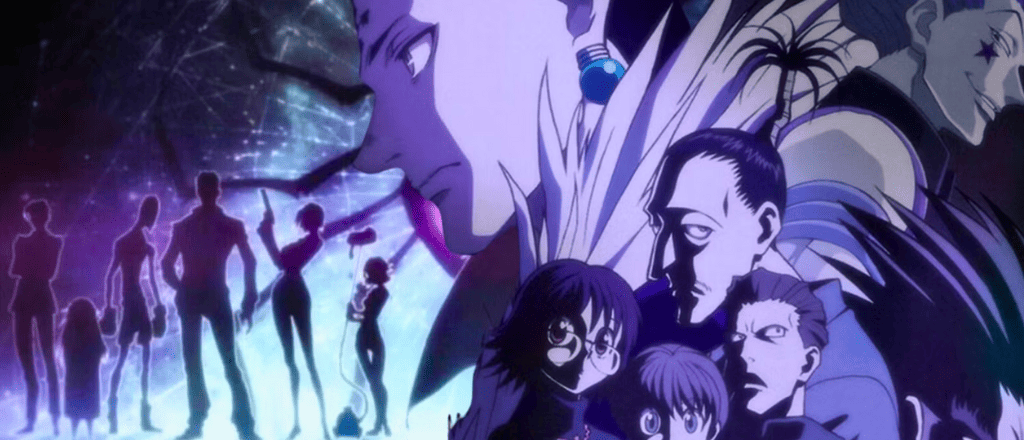
Victims of Circumstance and a Harsh World
Digging deeper, the Phantom Troupe’s origins shed light on why they became the way they are. Most members come from Meteor City, a lawless dump where society discards its unwanted people and items. Raised in poverty, neglect, and violence, the Troupe members grew up in an environment that offered them no protection or opportunity. In this context, their unity as a “family” was both survival and rebellion against a world that had already abandoned them. The massacre of the Kurta, while unforgivable, also reflects their greed shaped by desperation and the value society placed on scarlet eyes. Rather than being born villains, many members of the Troupe are arguably victims of an unjust world, molded by pain and exclusion.
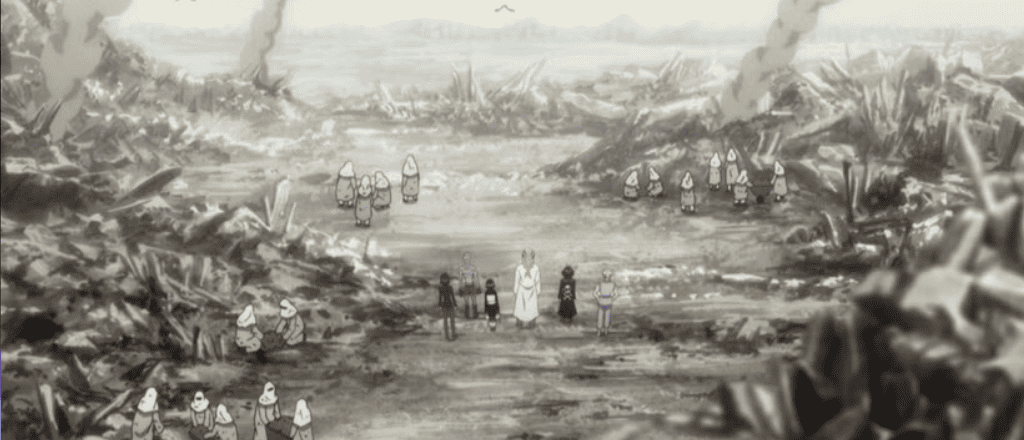
A Legacy of Ambiguity
Ultimately, the Phantom Troupe embodies the moral ambiguity that makes Hunter x Hunter so unique. They are both villains and victims—murderers who nonetheless love each other, criminals who still dream and grieve. Togashi refuses to reduce them to simple archetypes, instead presenting them as tragic figures caught between survival, greed, and loyalty. This layered portrayal is why fans continue to debate their true nature: should we condemn them as irredeemable monsters, or empathize with them as broken individuals shaped by their environment? In the end, the Spider’s greatest strength lies not just in their power, but in how they challenge us to reconsider the very definitions of good and evil.
